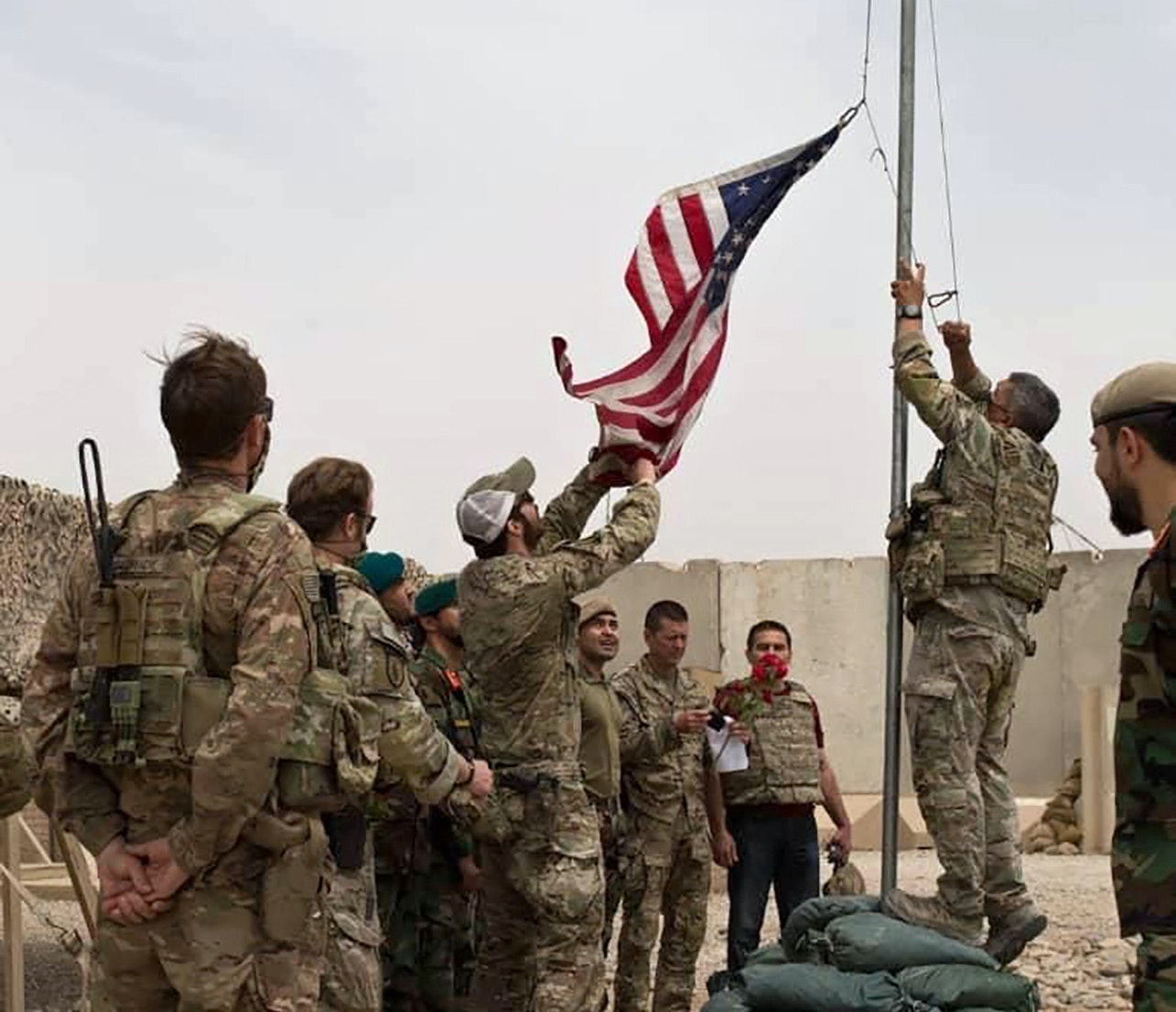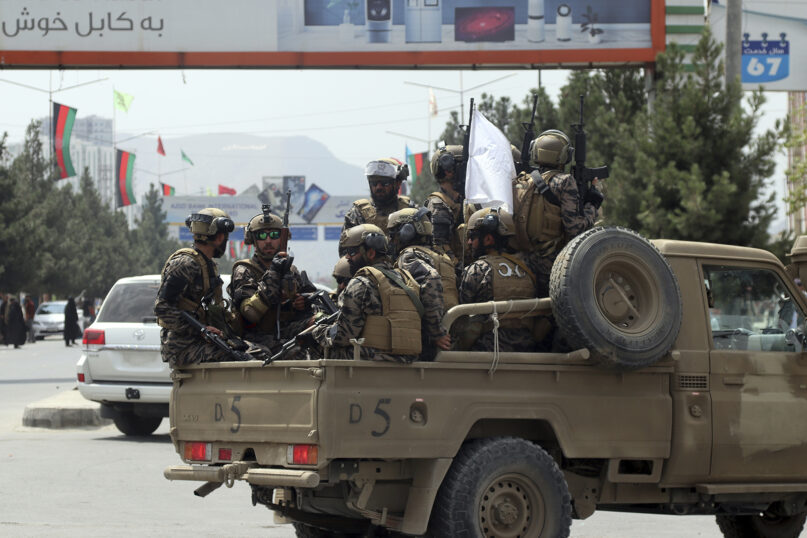(RNS) — A lot of handwringing is going on over the botched exodus from our failed war in Afghanistan. Critics say that with the abrupt withdrawal, our allies will lose faith in the ability of the United States to fulfill its commitments. NATO will collapse. Taiwan will be gobbled up by China.
Critics point to complaints from NATO partners who say that they were not given sufficient notice of our leaving. These complaints, however, are mostly for local consumption, as our allies attempt to distance themselves from the disaster. Politically, it makes sense for them to put all the blame on the United States.
In truth, the Trump administration’s agreement with the Taliban made clear that we were leaving, and President Joe Biden hardly hid his intentions. Were our NATO partners not listening? In fact, most European troops had already gotten out of Afghanistan. What they do not want to acknowledge is that their intelligence, like ours, failed to predict the rapid fall of the Afghan military and government.
When the dust settles, NATO will not only still be standing, it will be stronger. Without the distraction and cost of Afghanistan, it can return to its original purpose: deterring aggression from Russia.
Comparisons to Taiwan are also invalid.
Afghanistan, a landlocked country lacking political stability or a self-sufficient economy, has been consumed by or on the brink of civil war for more than four decades. Taiwan is a politically stable democracy with a vibrant economy separated from China by 1,300 miles of water. A symbol of democratic freedom, Taiwan would not be given up without a serious fight.
What we and our allies should learn from Afghanistan, and what we should have learned from Vietnam, is that the United States military cannot save countries from themselves. If their leadership is corrupt, if their government does not have popular support, if the country is divided by warring ethnic or religious factions, if there is civil war, the American military cannot solve their problems.

A handover ceremony in July 2021, as U.S. troops prepare to leave Afghanistan. (Afghan Ministry of Defense Press Office via AP)
In fact, history tells us that American troops often make matters worse by using tactics that cause disproportionate collateral damage and by making the local military dependent on us.
We need to make clear that our military alliances cover foreign invasions, not civil wars. Some help can be given to fight small terrorist groups that do not have popular support, but if there is widespread rebellion against a government, we cannot and will not save it.
Our goals in these situations should be reconciliation and a peaceful resolution of conflicts. The tools should be diplomacy and mediation, not guns and bombs.
Another lesson from Afghanistan and Vietnam is that corruption undermines all our military and foreign policy goals. It wastes taxpayers’ money, corrupts politicians and institutions and alienates people from their governments.
Fighting corruption around the world should become a major foreign policy goal for the United States. We should no longer bribe officials to do our bidding. We should no longer look the other way when political elites drain off the cream from American military and foreign aid.
RELATED: What’s next for the US in Afghanistan? Four essential projects
Rather, we should expose corruption wherever it exists. Publicly exposing corruption should be a priority for the National Security Agency and the CIA, whether the payments come from governments or corporations. Reducing corruption will strengthen democracy, undermine the drug trade and other criminal activity, and foster economic efficiency and growth.
Political realists argue that morality has no place in foreign policy, but their tactics have consistently failed. It is time to try a moral strategy that uses diplomacy rather than guns, and fights corruption rather than tries to bribe elites to do our bidding.






